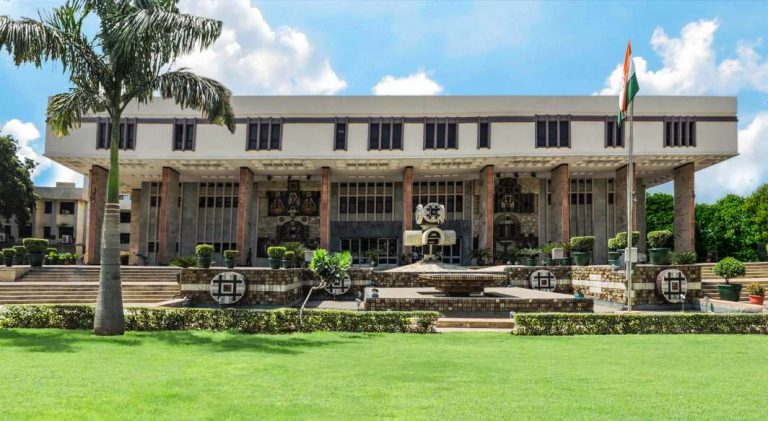Radhika Mittal
The Delhi High Court has upheld a show cause notice issued to Okinawa Autotech, an emerging player in India’s electric vehicle (EV) sector. This decision comes amidst ongoing scrutiny of the company’s compliance with government regulations under the Faster Adoption and Manufacturing of Electric Vehicles (FAME-II) scheme.
This scheme is designed to promote electric mobility in India by providing financial incentives to manufacturers and consumers. However, Okinawa was deregistered due to alleged non-compliance with these regulations, raising concerns about its eligibility for government subsidies.
The Delhi High Court emphasized that they refrain themselves from intervening in administrative matters unless there are compelling reasons to do so. In this instance, the Court found that Okinawa’s claims of bias against the government’s actions were unsubstantiated. The Court highlighted that the show cause notice was a standard procedure and did not reflect any personal vendetta or prejudice against the company.
The ruling clarified that the issuance of the show cause notice was not only valid but also necessary for maintaining regulatory integrity within the EV sector. The Court underscored the importance of compliance with Government mandates, particularly in an industry that is pivotal for India’s transition to sustainable energy solutions.
The company is now required to respond to the show cause notice, providing justifications for its actions and demonstrating compliance with the FAME-II guidelines. Failure to adequately address these concerns could lead to further regulatory actions, including potential blacklisting from government schemes.
The Delhi High Court’s decision to uphold the show cause notice against Okinawa Autotech serves as a reminder of the stringent regulatory environment surrounding electric vehicle manufacturers in India. As the country strives to enhance its electric mobility framework, compliance with government regulations will be crucial for companies seeking to thrive in this competitive landscape.
As Okinawa prepares its response, stakeholders across the industry will be watching closely, as this case could influence future interactions between electric vehicle manufacturers and regulatory bodies. The outcome will not only affect Okinawa’s future but also contribute to shaping policies that govern the rapidly evolving electric vehicle sector in India.
Case Name: Okinawa Autotech International Private Limited v. Union of India
Bench: Chief Justice Manmohan and Justice Tushar Rao Gedela

